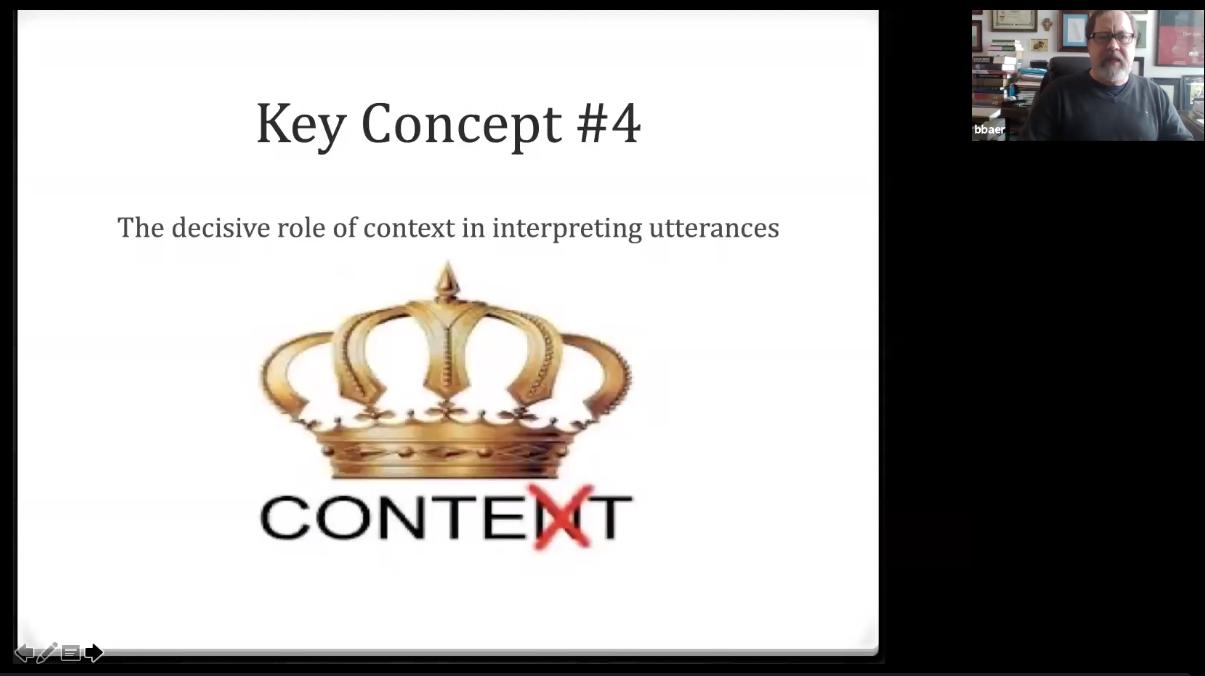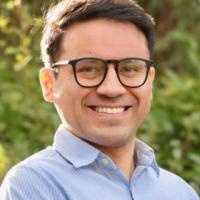
“I think we’re actually trying to be ‘faithful’,” he told the virtual audience. “It’s what constitutes faithfulness, or how we conceptualize that faithfulness what distinguishes translation from other forms of writing, such as adaptation and, of course, original writing.”
As part of the Translation Studies Hub’s team-taught Translation Studies Across the Disciplines graduate seminar, Professor Brian Baer offered a talk titled “Current Trends in Translation Studies” on May 1st.
Baer—a professor of Russian and Translation Studies at Kent State University who has taught Translation Studies courses for twenty years and is currently the President of the American Translation and Interpreting Studies Association—was originally scheduled to be on campus April 30th and May 1st. The visit, aimed to present his recent scholarship in Translation and Sexuality Studies and work with the Hub on the development of a graduate certificate in Translation Studies, had to be postponed due to the COVID-19 outbreak.
Baer's talk was offered via Zoom to undergraduate and graduate students enrolled in the seminar, and had three parts. In the first section, Baer focused on translation studies pedagogy and the challenges involved. In the second part, he explained the concept of polysemy, i.e. the multiple meanings of a word, and how it complicates the decision-making process and creativity of a translation project. Finally, following literary critic George Steiner’s ideas on translation, Baer proposed that, “meaning is constructed in the act of interpretation; it does not exist somehow outside language or before it is subjected to interpretation.” In that sense, he argued that both the reception context and the production context are key to understanding the translation process.
For Baer, translation is, in fact, a complex decision-making process, since translators can use not one but multiple solutions in their daily practice. “I think we’re actually trying to be ‘faithful’,” he told the virtual audience. “It’s what constitutes faithfulness, or how we conceptualize that faithfulness what distinguishes translation from other forms of writing, such as adaptation and, of course, original writing.”
According to the Kent State University professor, translation fidelity should not be connected to the idea of literalness (translating a text word by word verbatim); instead, it should be linked with the idea that translators attempt to communicate ideas effectively from one language into another. To do so, they have to interpret what is relevant in a text by making the most out of their translator competence.
One piece of advice Baer gives to his own students and that he shared with the attendees of his talk is that one should demystify translation theory. “Think of it as just the way people conceptualize the task of translation that transcends any one specific translation project,” Baer said. “If we think about theory that way, then we can design our theoretical support in ways that directly meet the needs of the students to guide their decision making.”
A broader audience had the opportunity to talk with Baer following a Q&A with the students taking the seminar, in which he discussed his thoughts about pedagogy, his current translation project, the challenges of translating Russian literature, and the idea of untranslatability, among other topics.
